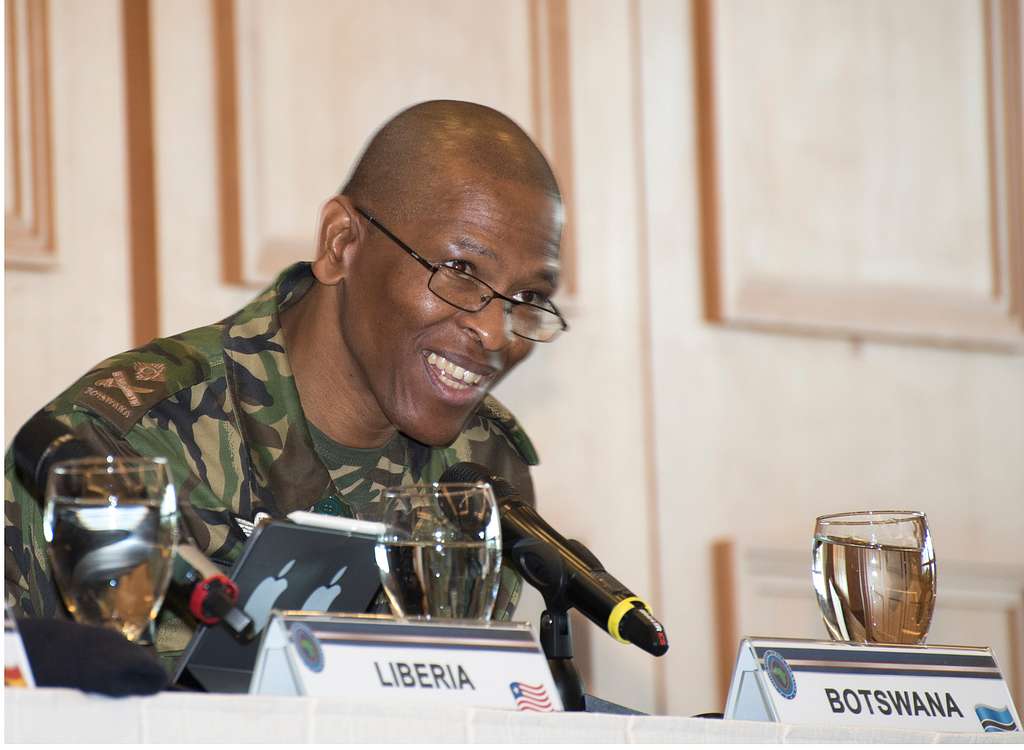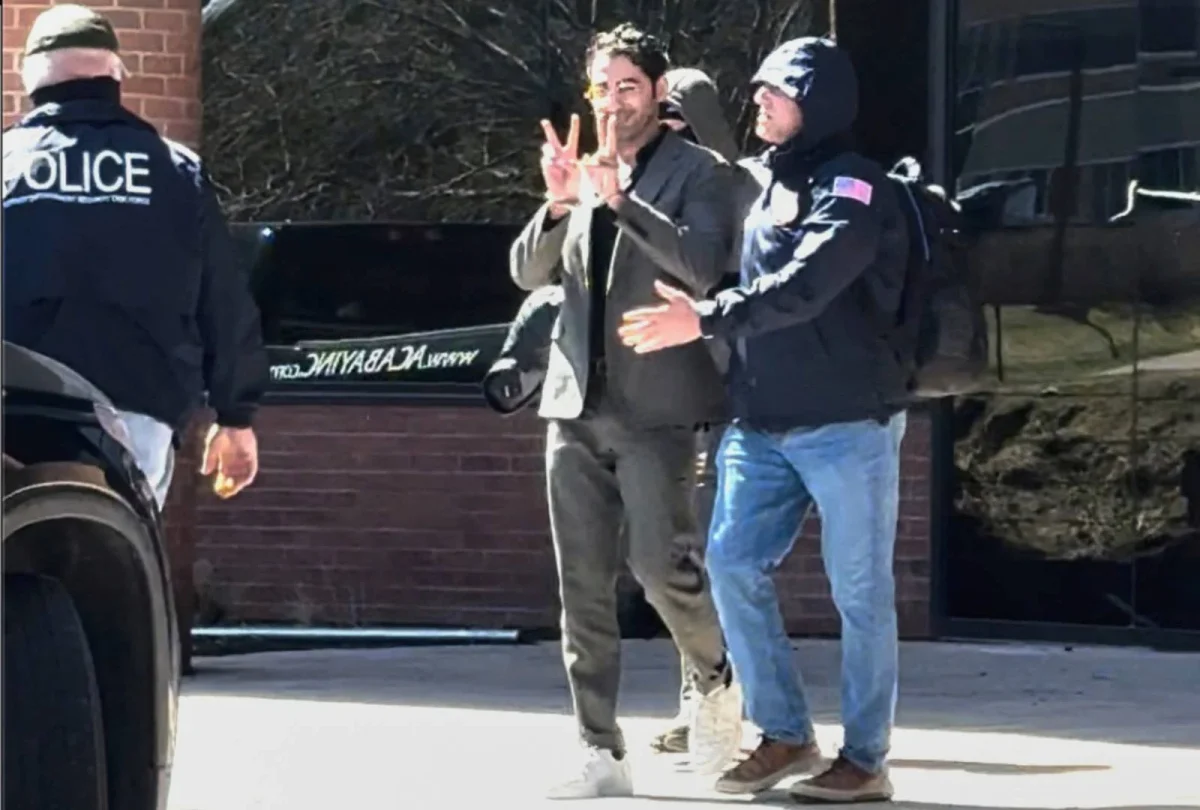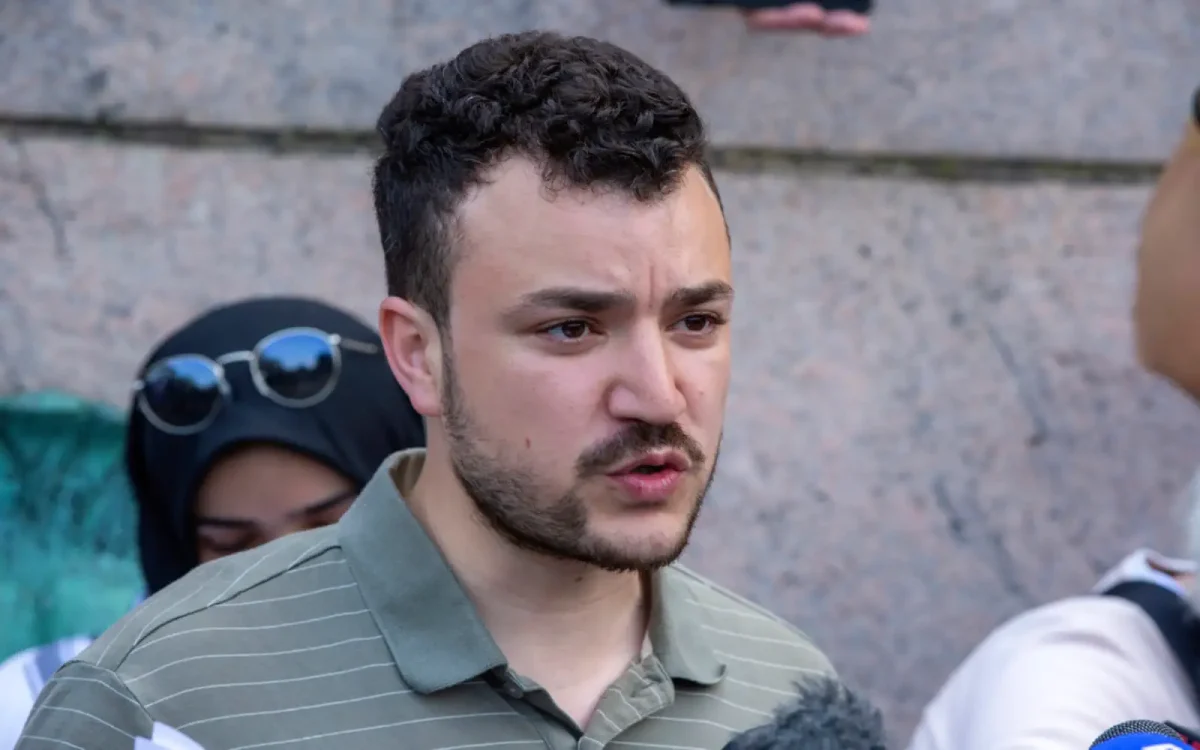When President-elect Barack Obama began his presidential bid there was fear his race could get in his way, not only because voters would assume his race meant he was incapable of performing the duties of Commander in Chief, but that they would see him as the black candidate rather than the American candidate for President. When it comes to African-American leaders and African-American groups, many people automatically assume they exist only to serve the interests of African-Americans and serve no purpose for the rest of American society.
All of this leads us to a very important question about our own African-American student groups on this campus. Because they are focused primarily on assisting African-Americans, do they only serve the needs of African-Americans? It may come as a surprise to many, but the answer is very clearly, no. True, the student groups focused on minority achievement and improvement certainly are geared towards being especially effective at helping minority students, but that does not mean there are not benefits for the majority population as well.
The first thing to understand is that with virtually all clubs specifically targeting African-Americans, the door is always open regardless of your ethnicity. Sure, if you go to a Society of African-American Corporate Leaders you can expect to see a mostly African-American crowd there, but that does not mean white students cannot go to their meetings, too, to get information and to network with fellow students. Because of their open door policies, African-American student groups offer more opportunities for students to get information about their interests regardless of their ethnicities.
It’s also important to remember that the open door policy also extends itself to programming. Programming held by African-American groups (group discussions in particular) allow for all to voice their opinions on issues that affect the African-American community, and issues that affect the African-American community do not solely spring from the African-American community itself. Opinions and views from outside of the community are welcome and valued, too, because they offer perspectives of different situations and views from people who do not share all of the same life experiences of African-American students.
Non discussion types of programming are a resource for all students, as well. When lecturers come to speak on African-American history or culture it does not have to be a benefit for only African-American students. No community’s problems or triumphs exist in a cultural vacuum; the things that happen to African-Americans have effects on Caucasians and vice versa. To learn about another community’s issues is an important opportunity for all students.
Events like the Back to School Jam and the Pan Afrikan festival are also present opportunities for people from all ethnic communities. Black people are not the only ones who enjoy stepping and comedy shows, all people do. Events like these obviously provide entertainment for students, but they also give all people a chance to experience the African-American style of culture and entertainment that they probably would not have had otherwise.
African-American student groups do focus on the African-American community, but they benefit the NC State community as a whole, and NC State is a better and more diverse place because of them.




